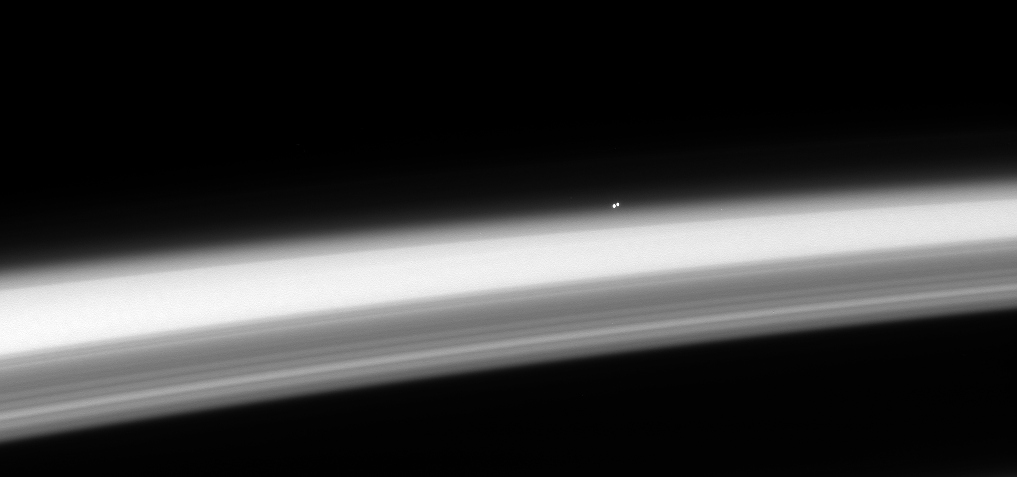Apparently such an idea has been tossed about over the last decade or so.
The implications, particularly in the area of cosmology (and ultimately theology), of a variable speed of light seem to be fairly staggering.
A 2003 article in the Christian Science Monitor states:
"At the heart of Einstein's elegant equation, E=MC², is the constant speed of light. Indeed, the mind-warping special theory of relativity allows time and space to bend, but light, Einstein insisted, must remain traveling at 186,000 miles per second, throughout the universe, for all observers.
"Whoa!" cries João Magueijo, a young theoretical physicist. This iconoclastic professor at the Imperial College in London has the courage, or some may say the audacity, to challenge that key component of Einstein's deeply ingrained work.
In short, Magueijo claims that some of the most complex mysteries about the origin of the universe can be solved if we consider that light may have traveled much faster at the Big Bang than it does now. In other words, the speed of light is variable.
So, maybe . . . E≠MC²?
And God (in some primal form, at least) has slowed down (just a bit or for just a while)?
Or perhaps, the speed of light is constant, but only for God and His angels?
For as Einstein himself purportedly said:
"Science without religion is lame, religion without science is blind."
Maguejo's postulation (formulated as he teamed with Andreas Albrecht in 1998) and other musings have been showing on the Science Channel since May of 2008.
A colleague of his has referred to VSL as "very silly."
Whatever the case, his book, Faster Than the Speed of Light: The Story of a Scientific Speculation may be worth a look.
Unfortunately, like many great ideas, time remains a major factor.
Maybe even, The Factor.
Wake me when we (as a yet, peopled planet) get to Alpha Centauri . . .
Alpha Centauri A and B resolved over the limb of Saturn, as seen by Cassini–Huygens


No comments:
Post a Comment